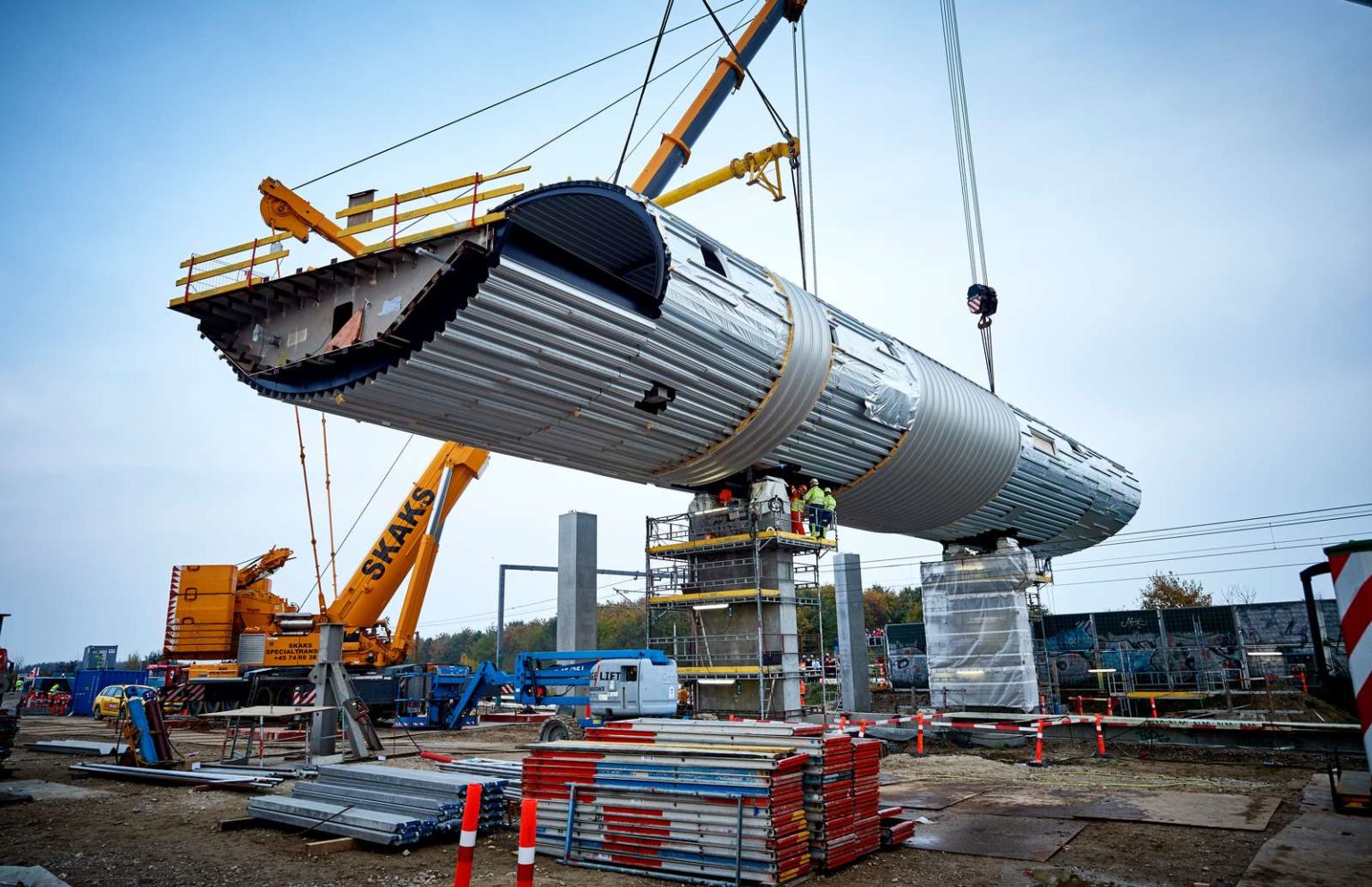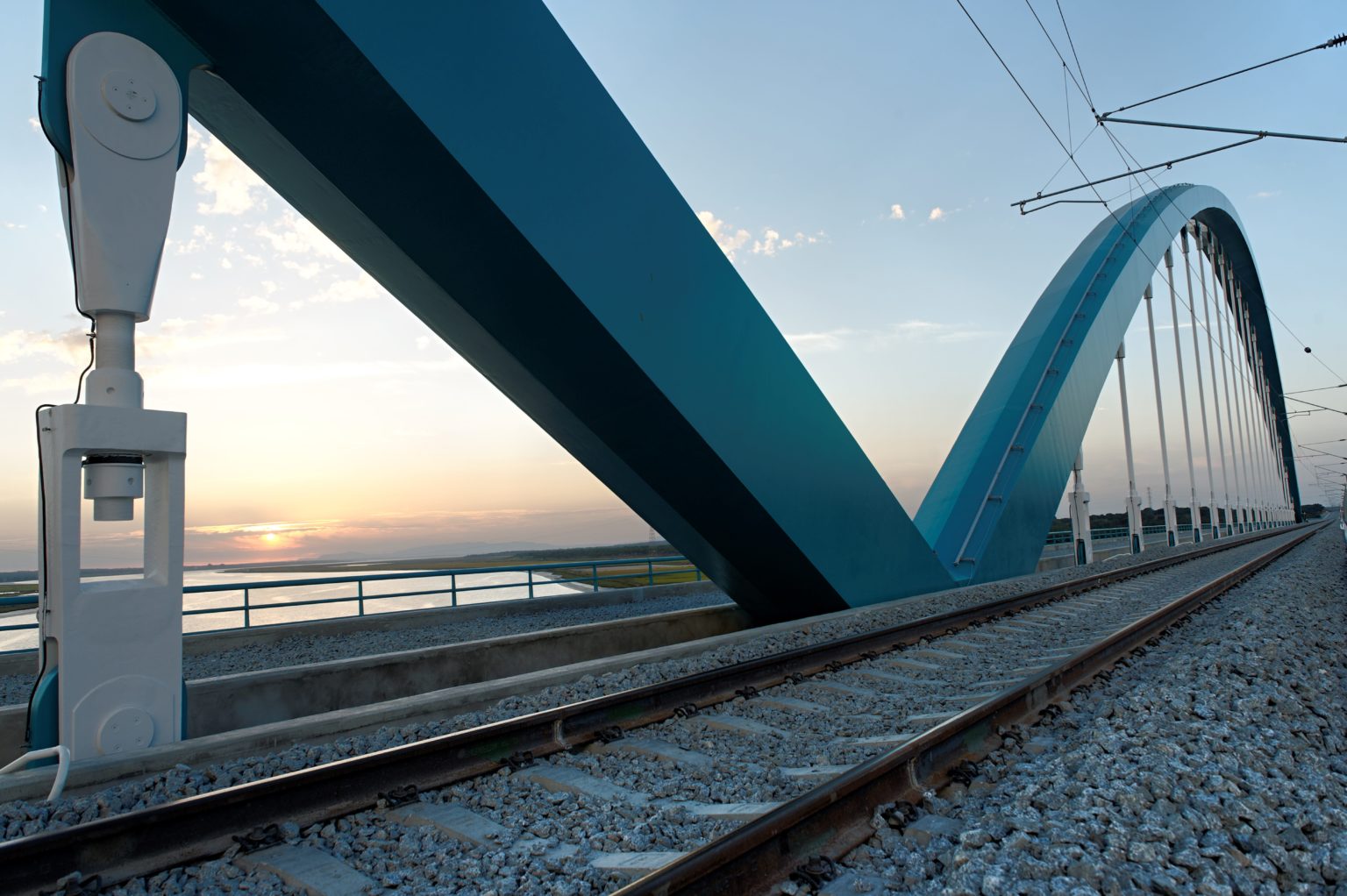


Public Procurement and Market
Track Access Charges
Objective
Track Access Charges (TACs) are the charges payable by a Railway Undertaking (RU) to an Infrastructure Manager (IM) for running a train on the IM’s railway network. In calculating TACs, an IM takes into account many factors: IMs charge costs that are directly incurred as a result of operating the train service and may levy mark-ups at a rate which the market can bear.
In addition to provisions in the “Single European Railway Area Directive” setting out the basic framework, a specific regulatory framework on Track Access Charges was developed in 2015 in the Implementing Regulation 2015/909 to further specify how to calculate the cost that is directly incurred as a result of operating the train service.
In 2022, to alleviate the financial impact of Covid-19 and the war in Ukraine on all railway undertakings (RUs), the European Commission (EC) adopted and extended several times a temporary legislation to allow IMs to lower their TACs below direct costs and to waive reservation and cancellation charges.
EIM in action
- Due to the direct (financial) impact on its members, EIM closely followed the topic.
- EIM collected data from its members for the European Commission (EC) about the evolution of train-kilometres and train numbers during specific reference periods.

EIM actions in 2023
- EIM participated in PRIME subgroups on “Track Access Charges”.
- EIM closely monitored different initiatives on EU and sector level related to Track Access Charges, especially within the context of the EC initiative on rail capacity management.
- On 31st December 2023, the temporary EU framework on track access charges ended.
Outlook 2024
- The European Commission is expected to publish new Guidelines on TACS in mid- 2024.
- EIM will closely monitor any potential re-evaluation of TACs.
EC Implementing Regulation (EU) 2015/909 on the calculation of the cost directly incurred as a result of operating the train service

REGULATION (EU) 2022/312 as regards the duration of the reference period for the application of temporary measures concerning the levying of charges for the use of railway infrastructure

Public Procurement
Facts & context
Public procurement refers to the process by which public authorities, such as government departments or local authorities, purchase works, goods or services from companies. Public procurement plays an important role for the railway sector – and particularly for Infrastructure Managers (IMs) – since IMs manage large projects with significant budgets which need to be procured under national and EU law. The updated legal framework on public procurement sets the “Most Economically Advantageous Tender” (MEAT) as a principle guiding contract award, enabling the contracting authority to take account of criteria that reflect qualitative, technical and sustainable aspects of tender submissions as well as the price.
EIM in action
- EIM continues to advocate a public procurement system which takes into consideration not only price, but also criteria related to whole life-cycle costing, innovation, environment, sustainability and social corporate responsibility.

EIM actions in 2023
- EIM continued exchanging information with the European Commission and other stakeholders regarding public procurement.
- EIM also monitored the European market in terms of supply and demand, especially regarding signalling technologies.
Outlook 2024
- EIM will continue participating in future meetings of the “EC Expert Group” on the “Competitiveness of the European Rail Supply Industry” (RSI);
- EIM will continue attending all relevant meetings at EU level;
- EIM will further analyse the evolution of the supply market regarding critical components and services.
Directive 2014/24/EU Public Procurement

Directive 2014/25/EUprocurement by entities operating in the transport sector
